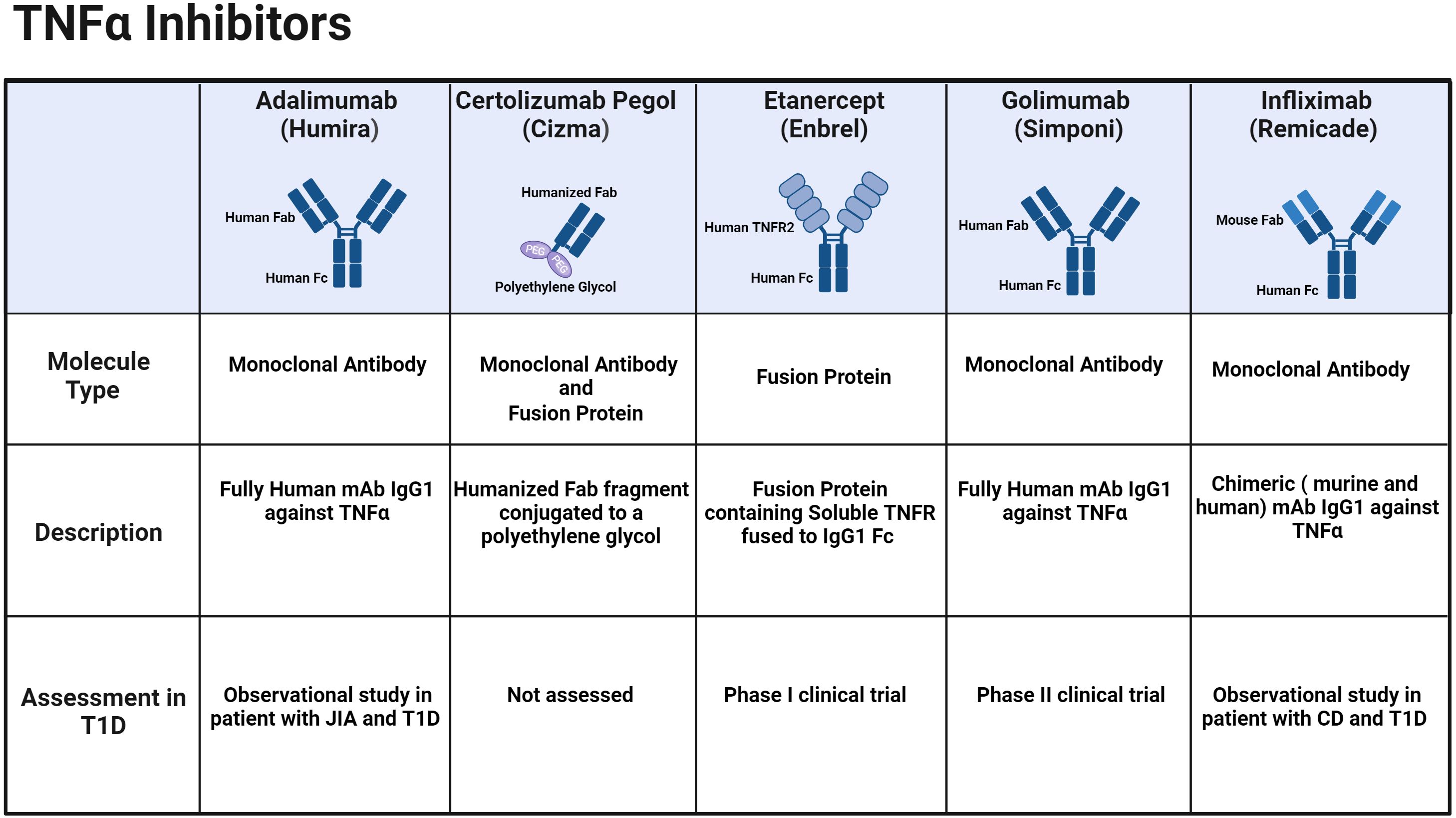Tumor Necrosis Factor (TNF) inhibitors

TNF Inhibitors: Overview and Role in Sacroiliac Joint Treatment
What are TNF Inhibitors?
Tumor Necrosis Factor (TNF) inhibitors are a class of biologic medications that block the inflammatory cytokine TNF-α, which plays a central role in promoting inflammation and tissue damage in autoimmune and inflammatory conditions. By inhibiting TNF-α, these drugs reduce inflammation, pain, and disease progression.
Role of TNF Inhibitors
Tumor Necrosis Factor (TNF) inhibitors are widely used biologic agents that target the pro-inflammatory cytokine TNF-α, which is a key driver of inflammation in various autoimmune and inflammatory diseases. These medications effectively reduce inflammation, alleviate symptoms, and slow disease progression across a broad range of conditions including rheumatoid arthritis, psoriatic arthritis, ankylosing spondylitis, and inflammatory bowel disease.
Clinical studies have demonstrated that TNF inhibitors such as etanercept, adalimumab, and infliximab significantly reduce markers of inflammation and tissue damage, resulting in improved patient symptoms and functional outcomes. Imaging studies, including MRI, often show marked reduction in inflammatory lesions following several months of therapy. Long-term treatment with TNF inhibitors is also associated with reduced progression of structural damage in affected tissues.
TNF inhibitors are usually considered when conventional therapies, such as nonsteroidal anti-inflammatory drugs (NSAIDs) and physical therapy, fail to adequately control symptoms. The therapeutic response is monitored clinically as well as with imaging and patient-reported measures to ensure adequate disease control. As with all immunomodulatory drugs, TNF inhibitors can increase the risk of infections and require ongoing monitoring and careful patient selection.
Key Points
- TNF inhibitors block TNF-α to reduce inflammation and tissue damage.
- Effective in a wide range of autoimmune and inflammatory diseases.
- Improve clinical symptoms and reduce imaging markers of inflammation.
- Help slow structural progression of disease with long-term use.
- Treatment requires monitoring for efficacy and potential side effects.
Consult with Our Team of Experts Now!
References:
Torgutalp M, Esatoglu SN, Demir V, Yildirim Celik T, Kirbas A. Treatment with tumor necrosis factor inhibitors is associated with the reduction in radiographic sacroiliitis progression in patients with axial spondyloarthritis: real-life data from a single-center cohort. Arthritis Rheumatol. 2022 Oct;74(10):1769-1776. doi:10.1002/art.42144. Available at: https://onlinelibrary.wiley.com/doi/full/10.1002/art.42144















